Tag: zombieload
Mitigate PLATYPUS Attack Without A Reboot
Nov 12, 2020 6:18:19 AM
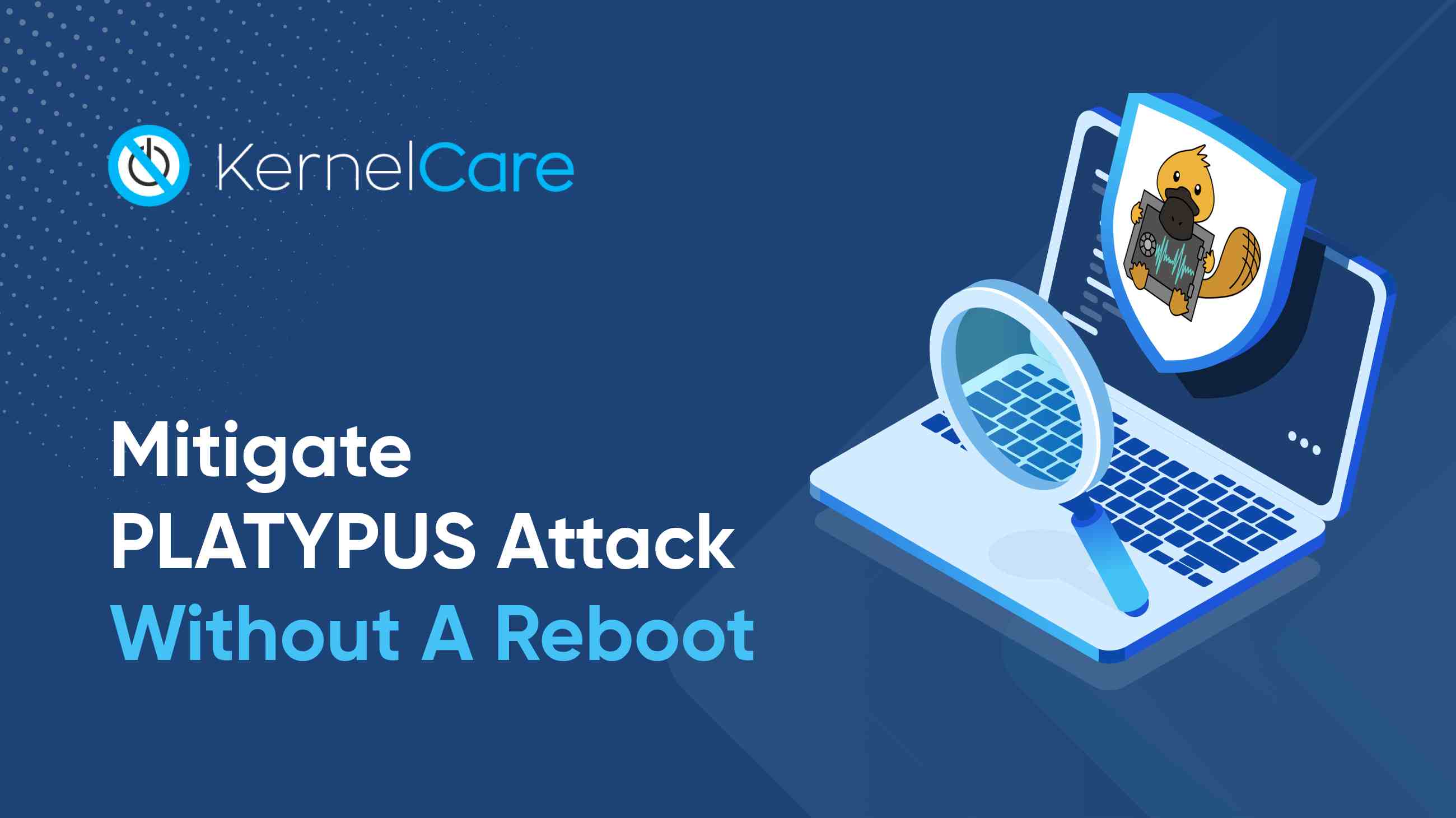
On November 10, 2020, a team of academic researchers found a bug in Intel CPU architecture that allowed them to extract sensitive information from the processor such as encryption keys. Researchers named the vulnerability Power Leakage Attacks: Targeting Your Protected User Secrets (PLATYPUS) for the Platypus’ ability to detect electrical current with its bill. By monitoring power consumption, researchers were able to determine data being processed via the Running Average Power Limit (RAPL) interface. No instances of an exploit in the wild have been reported, but Intel released a microcode update that should be applied to any servers and devices using the processor. No patches are needed, as it was with Zombieload or Spectre & Meltdown.
Zombieload 2: Patches for CentOS, RHEL & OEL are ready
Dec 12, 2019 5:54:08 AM
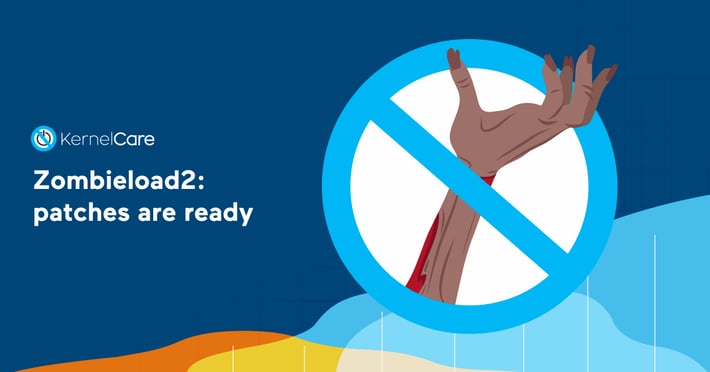
KernelCare Team has released Centos7, Centos7-Plus, RHEL7, OEL 7 patches for CVE-2018-12207 to the production feed.
Zombieload 2: The Patches for CVE-2018-12207 are in the Test Feed!
Dec 2, 2019 7:19:51 AM

KernelCare Team has released Centos7, Centos7-Plus, RHEL7, OEL 7 patches for CVE-2018-12207 to the test feed. The KernelCare test feed makes it possible to start using new patches earlier.
To install patches from the test feed, run the command:
Zombieload 2: KernelCare Team is on it!
Nov 13, 2019 9:11:29 AM
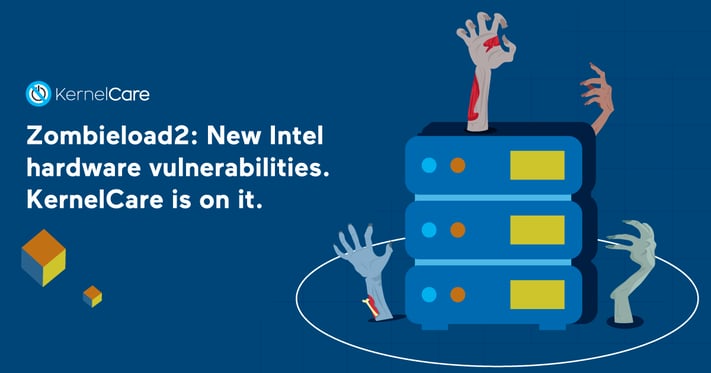
We’ve just heard of a new bunch of Intel CPU vulnerabilities and we want you to know the KernelCare team have swung into action to create patches for them.
Subscribe to our blog to get instant update.
Editor's Picks
Why immature SecOps will cost your company dearly – and how to fix it
KernelCare Team
Feb 1, 2021 10:03:37 AM










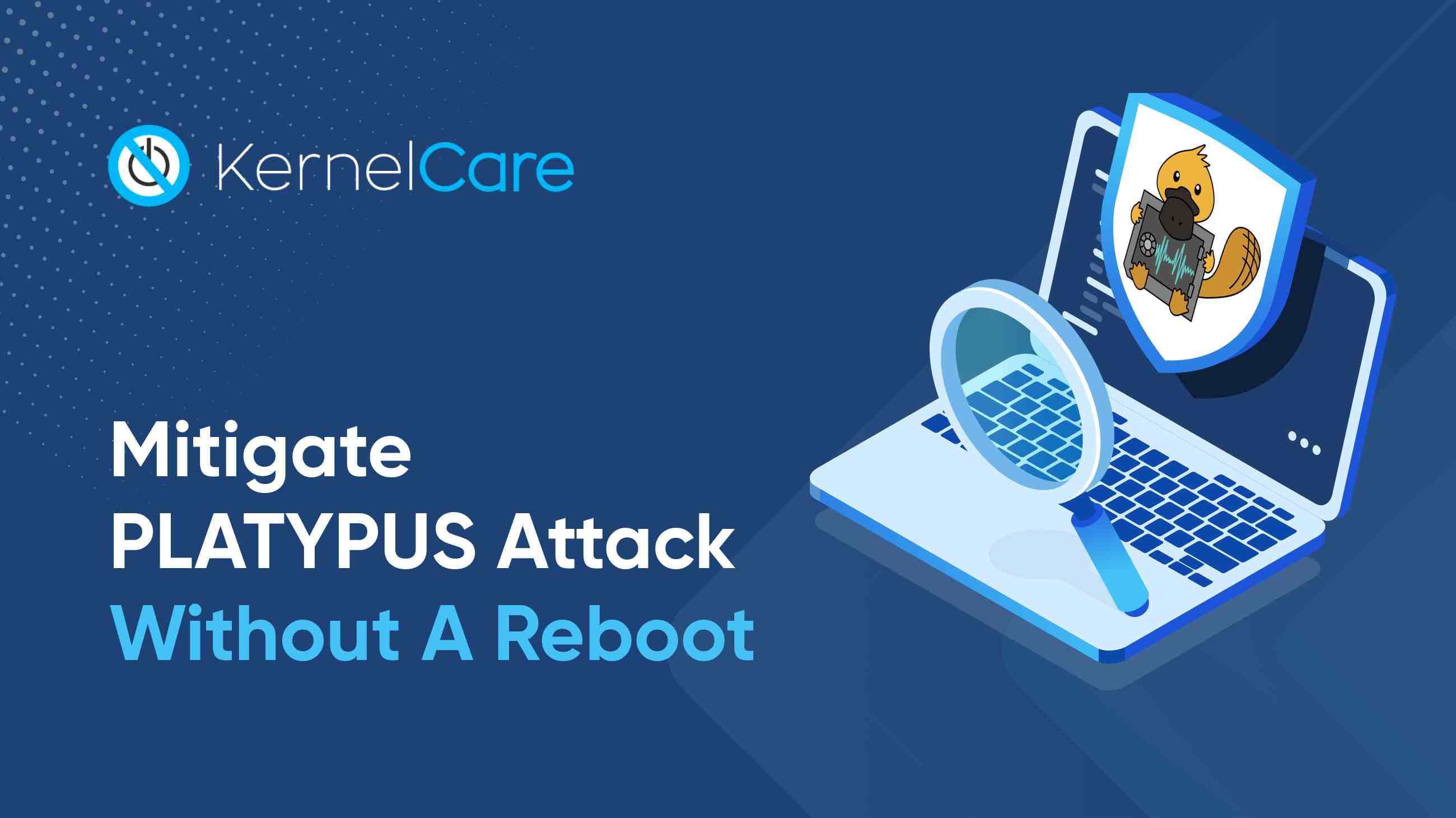
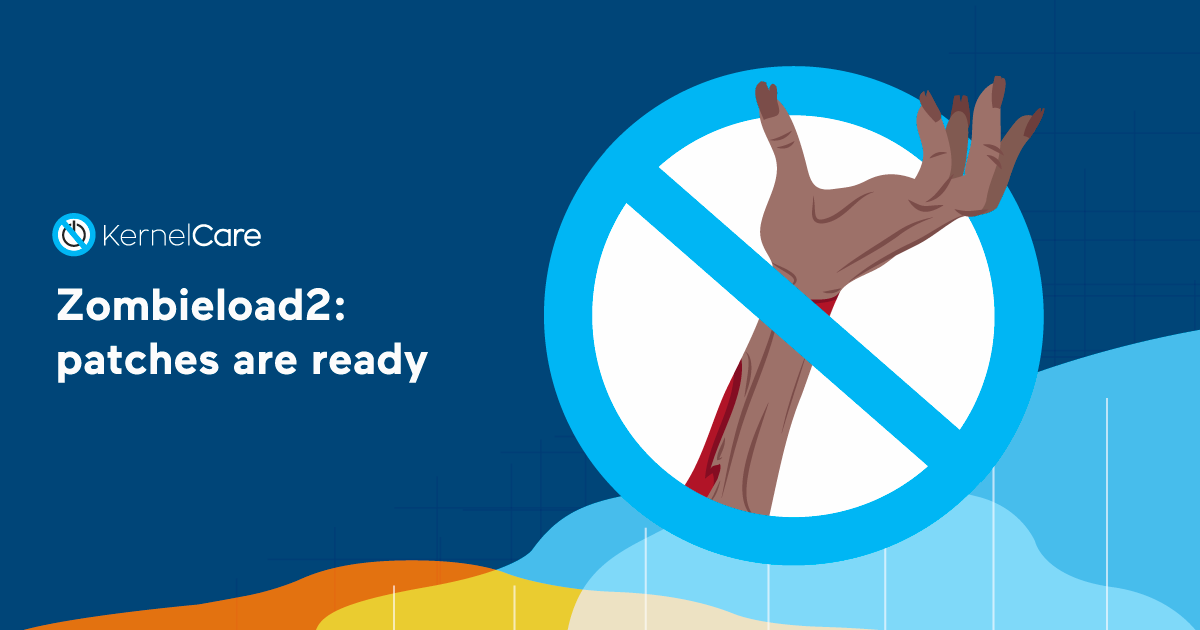
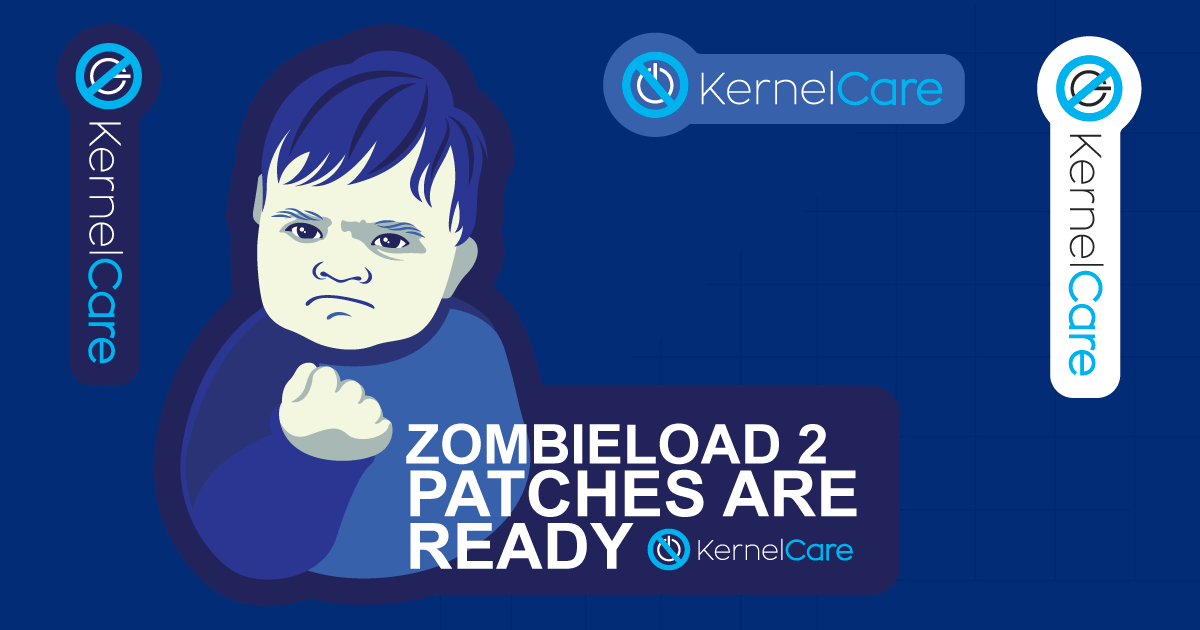
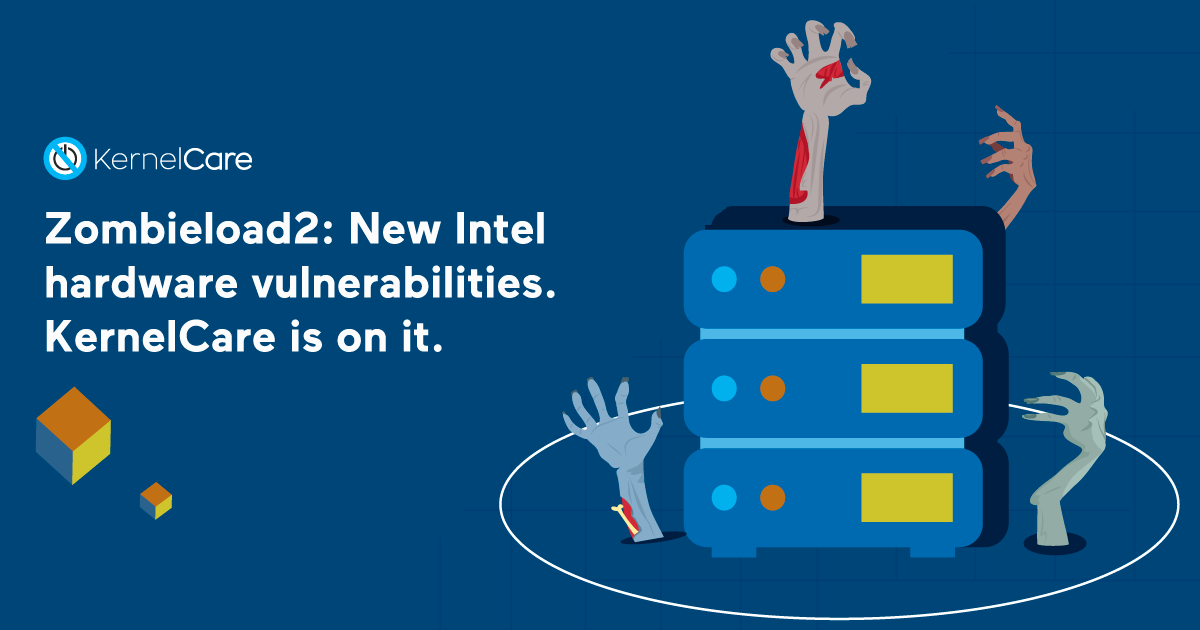
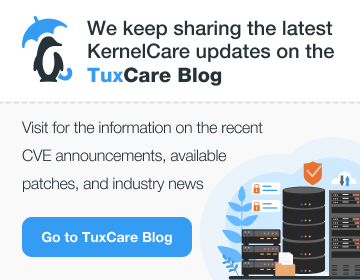








.png)



Comments